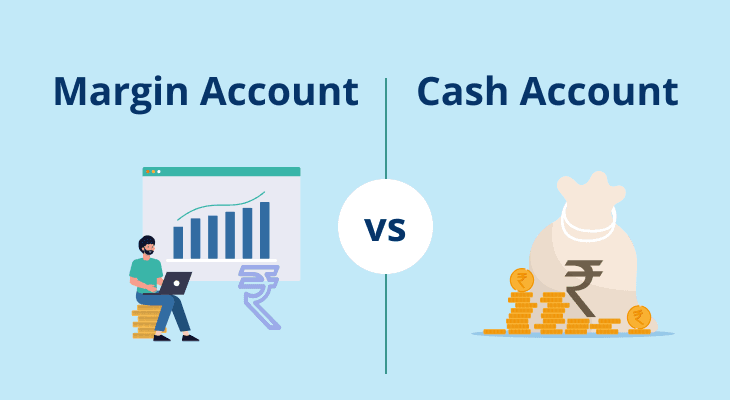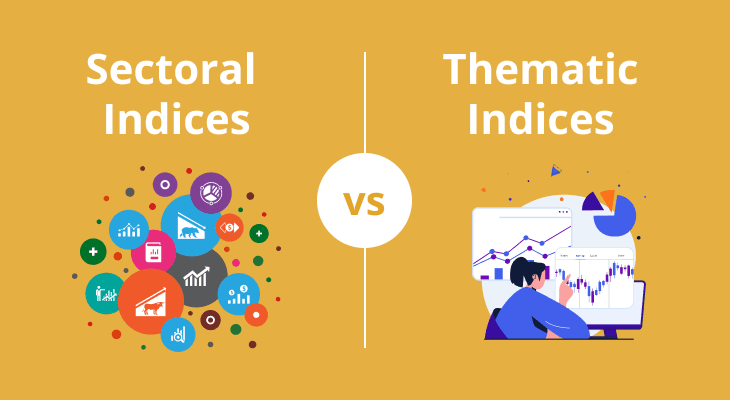
What If Your DP Has Not Transferred Shares To Your Demat Account by T+1?
After operating on a T+2 settlement cycle for years, the Indian stock market finally switched to a T+1 cycle on February 25, 2022. According to the T+1 trading settlement cycle, shares you purchase on a delivery basis are credited to your demat account within a day from the transaction date.
For instance, let’s say you purchase 100 shares of a company on a Monday. These shares will be credited to your demat account by the end of the next day, i.e. Tuesday. However, sometimes you may encounter situations where the shares are not transferred to your demat account by T+1.
As an investor, you must understand the reasons why this might happen and what you can do to mitigate it.
Reasons Why Shares are Not Transferred to Your Demat Account by T+1
Here’s a brief overview of some of the most common reasons why purchased shares are not transferred to your demat account by the end of the stipulated settlement cycle.
The Motivation Behind IPO Announcements
When a company decides to declare an IPO, it's driven by several compelling factors. To begin with, an IPO presents a viable avenue for a company to gather capital. By offering shares to the public, the company secures funds that can be utilised for multiple purposes such as business expansion, research and development initiatives, debt repayment, or even facilitating acquisitions. Additionally, the decision to go public via an IPO enhances the company's visibility and credibility within the market. It also extends an exit strategy for early investors and employees, allowing them to liquidate a portion of their investments.
Unpaid Dues
Unpaid dues are one of the primary reasons why depository participants may withhold shares from being credited to your demat account by T+1. The unpaid dues, often represented as a negative balance, could be related to either your demat account or your trading account. Outstanding demat AMC and MTM losses in your trading account are two examples of unpaid dues from your side.
The Solution
If unpaid dues are the reason for shares not being credited to your demat account, simply clearing them should solve the issue. If shares are not transferred even after you’ve cleared your dues, you may consider filing a grievance with your DP.
Short Deliveries
Also known as a delivery shortfall, a short delivery is a term used to express a situation when the seller fails to deliver the shares within the specified time frame. A short delivery can happen if the seller does not possess the shares he sold or due to other irregularities such as an accounting or administrative error.
The Solution
The Indian stock market has several mechanisms in place to prevent delivery shortfalls. However, despite these mechanisms, such instances do occur occasionally. In the case of a short delivery, the stock exchange will automatically initiate a process known as an auction settlement. An auction settlement is a transparent and regulated way to resolve shortfalls and other failed delivery transactions.
According to the rules of NSE and BSE, the trading settlement time would be T+2 instead of T+1 if shares are not transferred to your demat account due to delivery shortfalls. However, if they are not credited even after the expiry of T+2 days, consider raising the issue with your depository participant and the stock exchange.Frozen Or Dormant Demat Account
This could be another major reason why purchased shares are not credited to your demat account even after the expiry of the settlement cycle. If you don’t use your demat account for a long time, your DP may mark it as dormant.
Alternatively, your demat account can also be frozen, voluntarily or otherwise. In either of these cases, any new share purchases that you make will not be reflected in your demat account until the account is either unfrozen or marked as active.The Solution
If your account is marked dormant due to inactivity, you may need to complete the KYC (Know Your Customer) process again to activate it. Once your account is activated, the purchased shares should be credited within a few days. In the case of an account freeze, you can simply request your DP to unfreeze the account.
Buy Today Sell Tomorrow (BTST) Trades
Buy Today Sell Tomorrow is one of the most popular trading techniques in the Indian stock market. As the name implies, BTST traders buy stocks on one day and sell them the very next day, even before the shares are credited to their demat account.
The Solution
If you find that the purchased shares are not transferred to your demat account, check if you’ve inadvertently made a BTST trade. You can use your stockbroking platform’s order book or trade book facility to check for BTST trades.
Read Also: What are DP charges in the stock market?
Conclusion
It is important to keep in mind that almost all the processes of the Indian stock market including clearing and settlement are automated. This reduces the instances of non-transfer of shares significantly. In the rare occasion where shares are not transferred, it is advisable to wait at least until the expiry of T+3 days before lodging a grievance with your depository participant.
If the issue continues to remain unresolved despite raising the issue with your DP, you can consider escalating it to the stock exchange or may even file a complaint on SEBI’s SCORE portal.


